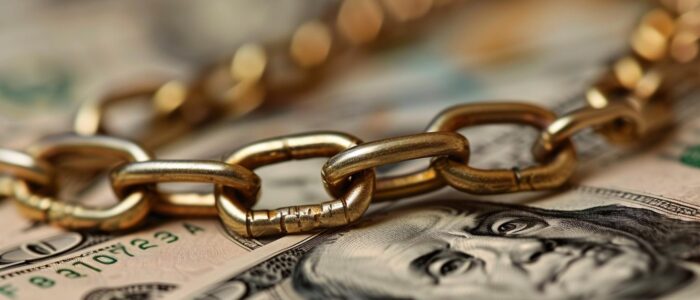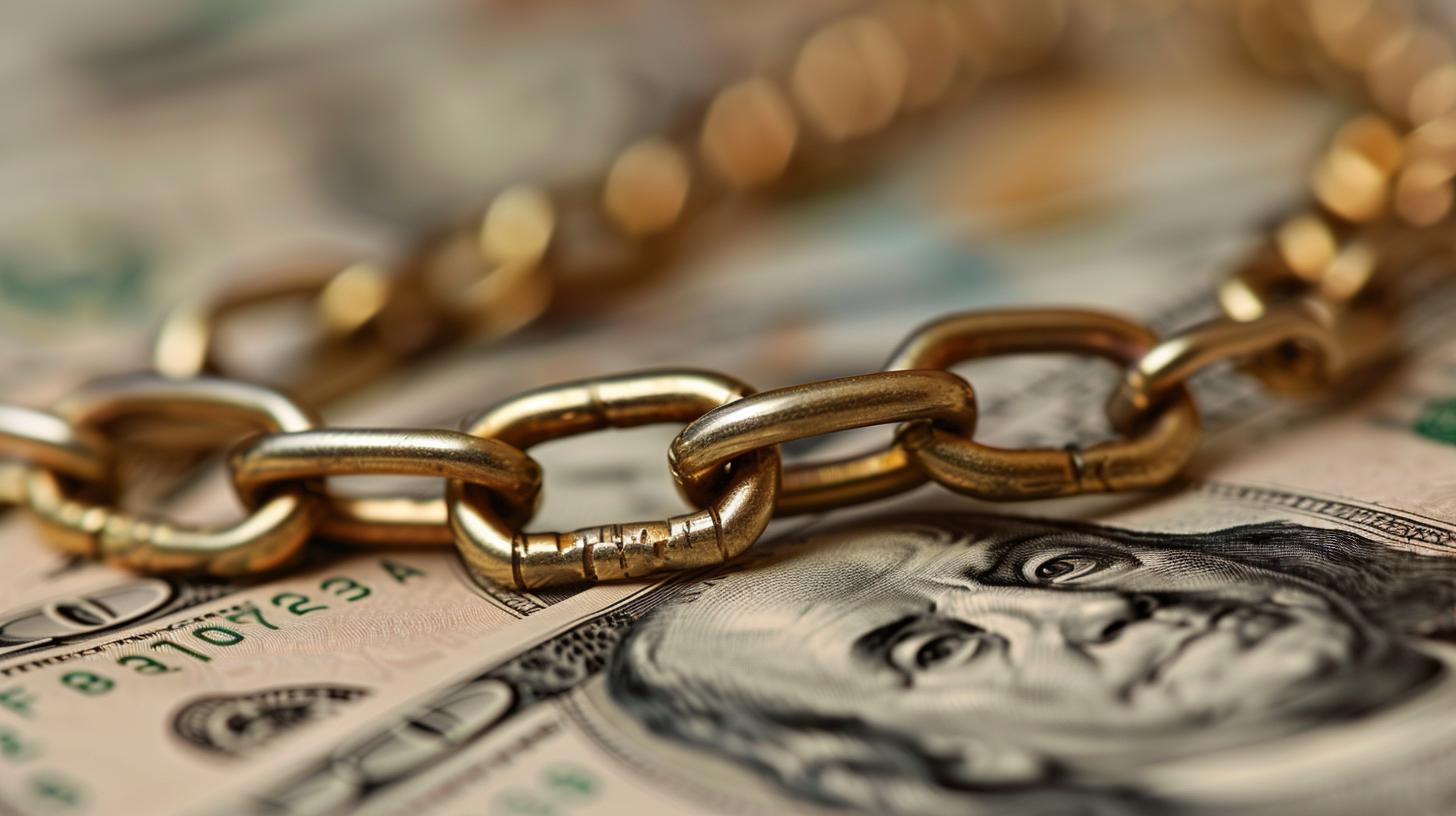Identity theft is a serious crime with various types and penalties. Financial, criminal, and medical identity theft can lead to financial losses, legal charges, and healthcare implications. Perpetrators may face felony charges depending on the offense.
Unauthorized access can result in specific penalties, emphasizing the importance of personal protection measures.
Understanding Financial Identity Theft
Financial identity theft involves the illicit use of personal financial information for unauthorized transactions, leading to significant monetary losses and reputational harm.
Consequences for Perpetrators
- Perpetrators of financial identity theft may face criminal charges, including potential felony charges if financial losses surpass certain thresholds.
- Legal repercussions can result in hefty fines, imprisonment, and a criminal record, impacting future employment and financial opportunities.
Legal Ramifications
- Individuals engaged in financial identity theft may encounter legal penalties such as fines, restitution to victims, and potential civil lawsuits.
- Law enforcement agencies and prosecutors work diligently to investigate and prosecute financial identity theft cases to uphold justice and protect victims.
Criminal Identity Theft: Implications and Charges
Impact on the Innocent
When someone commits criminal identity theft, the innocent victim may suffer from serious consequences.
Their clean record can be tainted, affecting job opportunities and personal reputation. Innocent individuals may face challenges in proving their innocence and clearing their name.
Charges and Consequences for Perpetrators
Perpetrators of criminal identity theft can be charged with fraud and identity theft, along with additional charges related to the crimes they commit under the stolen identity. Legal consequences may extend to fines, imprisonment, and restitution to the victims.
The severity of the penalties can vary depending on the nature and extent of the crimes committed.
Medical Identity Theft: Ramifications and Legal Consequences
Medical identity theft can have severe repercussions for victims, impacting their healthcare in various ways. From unauthorized medical procedures to incorrect medical records, the effects can be long-lasting and detrimental.
Effects on Victims’ Healthcare
- Unpaid medical bills due to fraudulent activities.
- Incorrect medical information affecting treatment options.
- Loss of trust in healthcare providers and institutions.
Legal Penalties for Perpetrators
- Fraud charges for misusing someone’s personal information for medical services.
- Potential imprisonment for committing medical identity theft.
- Other related legal consequences, depending on the extent of the crime.
Specific Penalties for Unauthorized Access
Unauthorized access to an individual’s computer or email account can lead to serious legal consequences.
Perpetrators who engage in this type of identity theft may face charges of computer fraud, hacking, or unauthorized access to protected systems. These charges can result in hefty fines, probation, or even imprisonment.
- Individuals found guilty of unauthorized access may be required to pay restitution to the victim for any damages caused by their actions.
- In some cases, perpetrators may also be ordered to undergo cybersecurity training or counseling to prevent future breaches.
- Repeat offenders or those involved in large-scale unauthorized access schemes may face enhanced penalties, including longer prison sentences and stricter probation conditions.
It is crucial for individuals to understand the severe repercussions of unauthorized access to sensitive information and to refrain from engaging in any form of hacking or data breaches.
By respecting others’ privacy and following legal guidelines, individuals can avoid the devastating consequences of committing unauthorized access crimes.
Proactive Measures for Personal Protection
- Keep all personal identification documents and cards secure and avoid carrying unnecessary information with you on a daily basis.
- Regularly monitor your financial accounts and credit reports for any suspicious activity or unauthorized charges.
- Use strong, unique passwords for all online accounts and consider enabling two-factor authentication for added security.
- Be cautious when sharing personal information online and be wary of unsolicited communications requesting sensitive data.
- Shred any documents containing personal information before discarding them to prevent unauthorized access.
- Consider placing a freeze on your credit report to prevent unauthorized access to your credit information.
- Educate yourself on the latest identity theft scams and techniques used by perpetrators to stay vigilant and protect your personal information.
- Report any suspected identity theft incidents to the relevant authorities promptly to mitigate potential damages and hold perpetrators accountable.
.


















